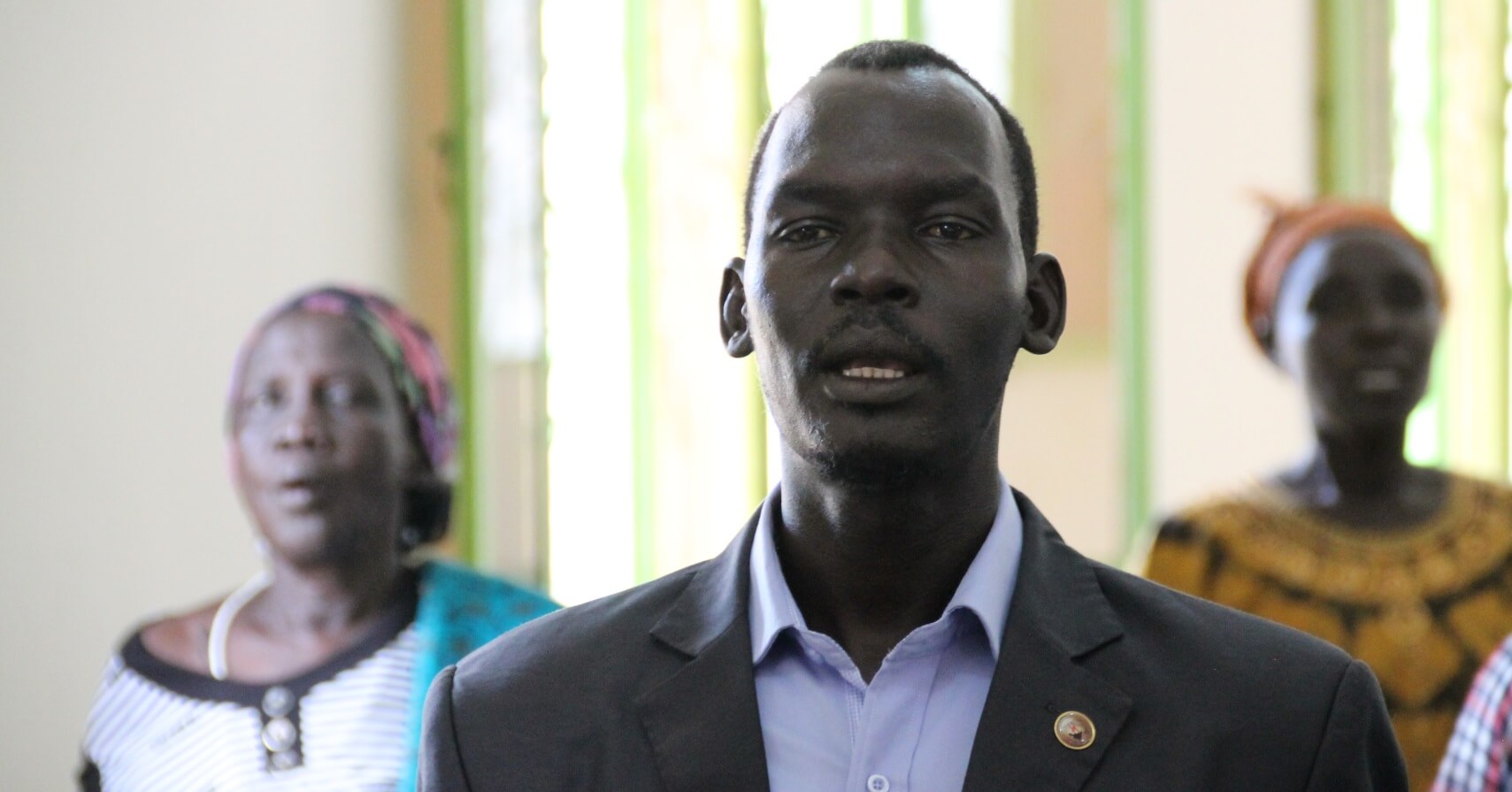Can faith really heal a nation?
If you tried to make a plate of bean stew in South Sudan right now, you’d spend up to 201% of your daily wage simply on ingredients. The same meal here would absorb less than 1% of a typical income.
South Sudan’s food crisis is just one swirl in the vortex of a perfect storm. Drought, locusts and flooding have decimated crops. COVID-19 lockdowns have slammed borders shut and are choking off food, fuel and water supplies. An economic crisis has sent the cost of living through the roof. And simmering away beneath it all, conflict has driven 1.4 million people into makeshift refugee camps and cost hundreds of thousands of lives.
And it’s not a new problem. Sometimes, when we share news on Facebook of South Sudan and other places in conflict, we attract comments that are scathing about the ‘dysfunction of African countries.’ While there’s often not much insight behind the sentiments, they tap a frustration with the devastating long term disorder that seems to characterise life in places like South Sudan.
Why? Why is famine and war and corruption so deeply entrenched? Why does foreign aid seem to leak through such places like a sieve?
The answers aren’t simple, but you don’t have to look that far to find them.
It’s history: the impact of decades of colonial rule stunting the development of good leadership and allowing corruption to prosper.
It’s poverty, crippling everything from education, healthcare and hope.
It’s living in some of the most volatile places in the world in terms of climate and natural disaster.
And it’s the heart breaking normalisation of violence among people who are desperate for land and stock for food.
If these are the problems, what are the solutions? Those living in South Sudan itself say the most critical underlying need is for peace: stability in government and society from which to build a better future. But peace requires a movement – a deeply committed, organised base from among local people themselves. And in the context of such long term deprivation, where is the leadership for such a movement to be found?
A recent study by the US Institute of Peace found that faith-based people and organisations in South Sudan are the most important peace actors in the country*. Since independence in 2011, and indeed well before, it’s the churches who’ve stood at the forefront of peace negotiations and trauma healing. It’s people of faith who’ve risked their lives to travel to places where rape is a routine weapon of war against women and girls. It’s people of faith who are restoring unity, one by one, amongst people tired and suspicious of government efforts.
Many people, of course, find that hard to believe. Isn’t religion divisive? Doesn’t it tend toward the submissive, preferring to rely on the heart of God rather than the hands of people?
Sure, sometimes. As in most developing regions, religion is central to life in South Sudan, and the way theology is applied differs from place to place.
But right at the heart of religion is the unshakeable belief that transformation is possible, that love wins over death. And that’s a powerful force. Ask any of the faith leaders why they stay, and it’s a rock solid sense of call. “God hasn’t left us orphans,” they say. “God is at work in the world, healing and renewing. And we are part of it.”
It’s a shared conviction. Religion in South Sudan isn’t the major flash point of conflict – it’s cultural differences between tribal groups that go back centuries. While Christianity is the majority faith (around 60% of the population), since 2011 there’s been relative harmony between Christians, Muslims and followers of traditional African religions. From city cathedrals to mosques and village chapels, the leadership of faith communities have the confidence of the people and are united in their desire for peace. But is it enough? Why isn’t change happening faster?
The South Sudan Council of Churches, the country’s largest unifying faith-based body, is working on it. With more than six million members from seven denominations, they’ve developed a strategic plan which represents South Sudan’s most comprehensive road map out of conflict – nothing quite like it exists even within government. Based on four pillars – advocacy, neutral forums for negotiation, reconciliation and organisational strengthening – the Council of Churches’ Action Plan for Peace was officially adopted in 2015. But what does it look like in practise?
Rolling out a peace action plan
The Uniting Church in Australia, through UnitingWorld, has some insight into the process. In 2012, it developed a partnership with the Presbyterian Church of South Sudan (PCOSS), a pivotal member of the Council with networks that reach well beyond the cities into regional areas and places ravaged by conflict, including refugee camps outside the country. Simply put, the Action Plan for Peace is the sending of ministers to teach, preach, counsel and care – treacherous journeys to communities where hunger and despair are woven into the fabric of life. It’s developing leadership skills and training theological students in Juba. It’s women marching for peace, month after month, in the capital, Juba. And it’s working alongside government to advocate for change in a context where deliberate neglect of certain groups – sometimes to the point of starvation- is seen a legitimate tactic in quelling dissent.
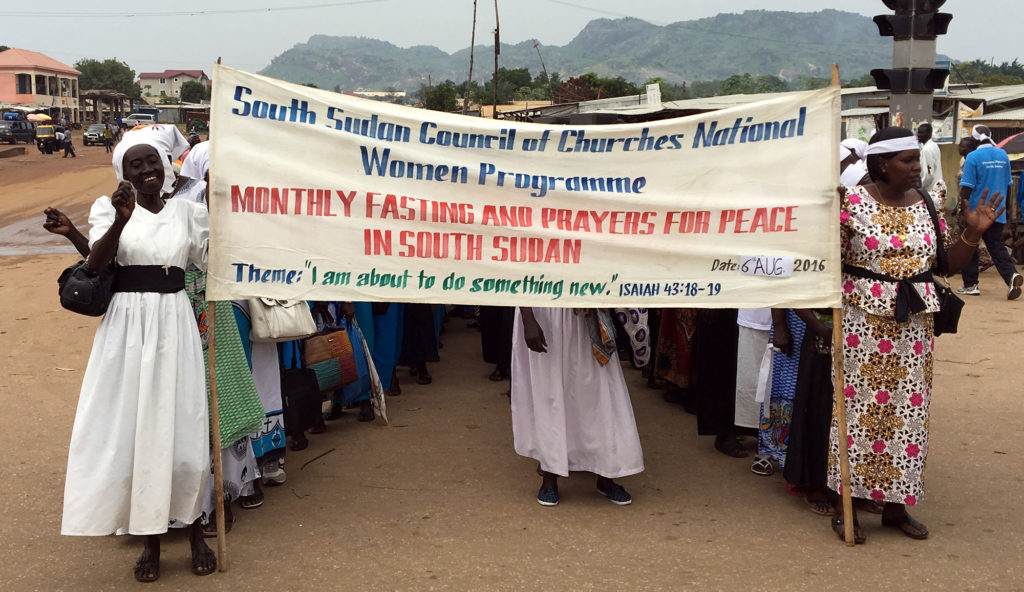
Christian women marching for peace in South Sudan, 2017
It’s clear that the wisdom and spiritual care of church leaders really matters: 82% of Peace Institute Survey respondents, when asked where they would turn for help aside from immediate family, mentioned their religious leaders. Research found that 39% of people regarded their community and religious leaders as their main source of information – combined with the fact that only 8% of people have internet and 20% have mobile phones, the equipping of leaders with accurate, harmonising and life giving messages is critical. These messages often come direct from the pulpit – 54% said the most useful contribution of the faith community towards peace is through sermons and prayers*, and UnitingWorld’s partners are certainly hands-on in terms of changing hearts and minds at the local level. But it’s not their only tactic.
25% of survey respondents said that more important than spiritual care was the organisation by faith groups of peace conferences and workshops. These are the teaching moments – often in hard to reach, conflict ridden places – that bring together the leaders of warring tribes to negotiate, listen, learn conflict resolution skills and support trauma healing.
A UnitingWorld-funded conference took place earlier this year in Cairo, Egypt. It was a tough assignment, drawing on refugees from different tribal groups who’ve traditionally resisted reconciliation. A second workshop in Juba, attended by church leaders, led to the resolution of a conflict between groups in one community. Three trained ministers intervened after negotiations about leadership became heated; they were able to bring the groups together and the leadership appointment went ahead without violence.
It’s these local leaders who’ll go back to their tribal groups, one by one, to share the skills that underpin peace. Without them, the movement can’t gain momentum. Very little will change.
What makes the critical difference?
The churches’ ability to capitalise on this reach and influence depends very much on developing their own capacity. Within the Nile Theological College, students are learning not just theological ideas but practical skills like peace building and fundamental human rights values that have gone undeveloped for decades. National Assemblies of various denominations strive to bring together their members to seek spiritual guidance and encourage one another. And leaders are being invited to advise government and demonstrate their negotiation skills in forums as significant as the 2018 Peace Negotiations in Addis Ababa, Egypt.
Right now, all eyes are on the need to safeguard South Sudan from the likely ravages of COVID-19, providing food, water and medicine to stave off hunger – and the need is huge. But in addition, the churches haven’t wavered from the big picture. They’re fiercely committed to investing in the peace process and the nurture of leaders who’ll shepherd their nation toward long term stability.
It’s incredibly difficult work. In Juba, members of the PCOSS leadership are hungry, without reliable food supplies, electricity, water or internet. Their own day to day existence is absolutely precarious, even as they care for others.
That’s why over the coming year, UnitingWorld is even more committed to supporting our partners. We’re funding two more peace workshops, the training of theological students through the Nile College, upgrades of vital transport to allow travel to remote area and investment into helping the Presbyterian Church bring together people for its General Assembly. All of this is in addition to humanitarian work in response to the pandemic. It’s long term, painstaking work and it often lacks the immediate punch of livelihood investment, or water and sanitation projects. But it’s also exactly consistent with the way transformation happens – incrementally, in small steps. Most significantly? The church is investing in individuals who drive change.
If faith really can heal a nation, this is how it happens.
UnitingWorld is looking for people with a heart for nurturing Christian leadership to bring lasting change in South Sudan and other places around the world. You can contribute by praying and sending messages of solidarity to partners in South Sudan, or help meet some of the long term costs of the project. If this project is your call, please be in touch with our Partnerships Team on 1800 998 122 or email us on info@unitingworld.org.au.
You can donate here
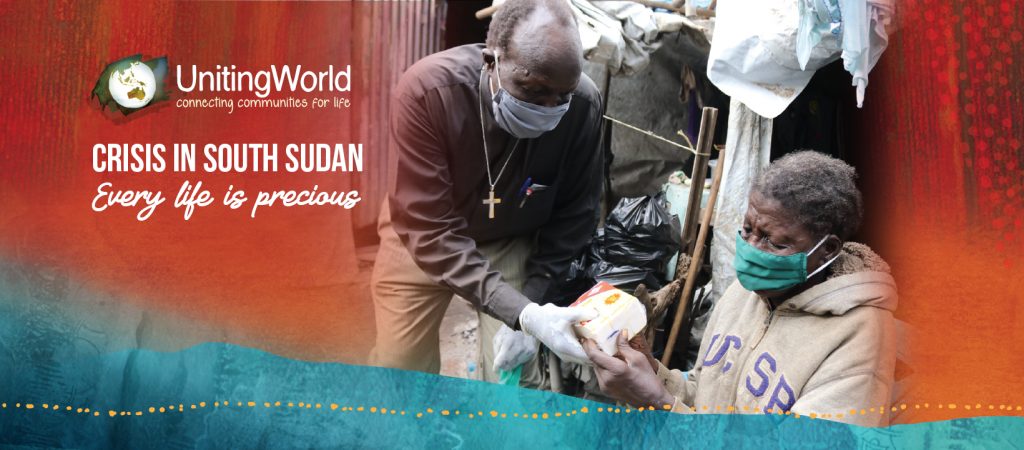

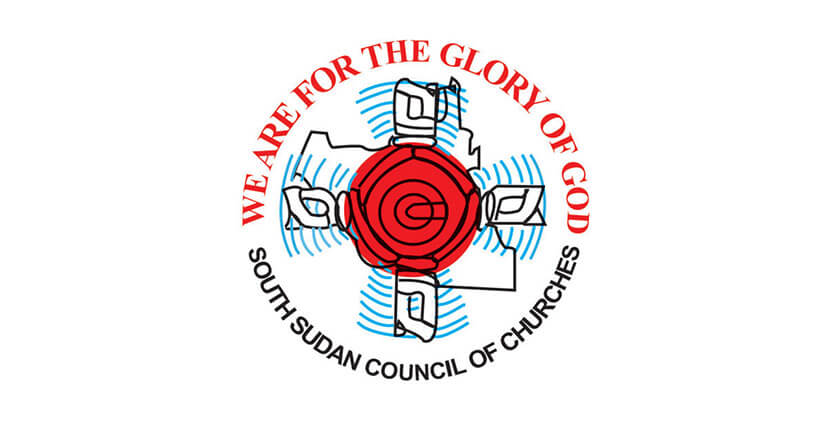
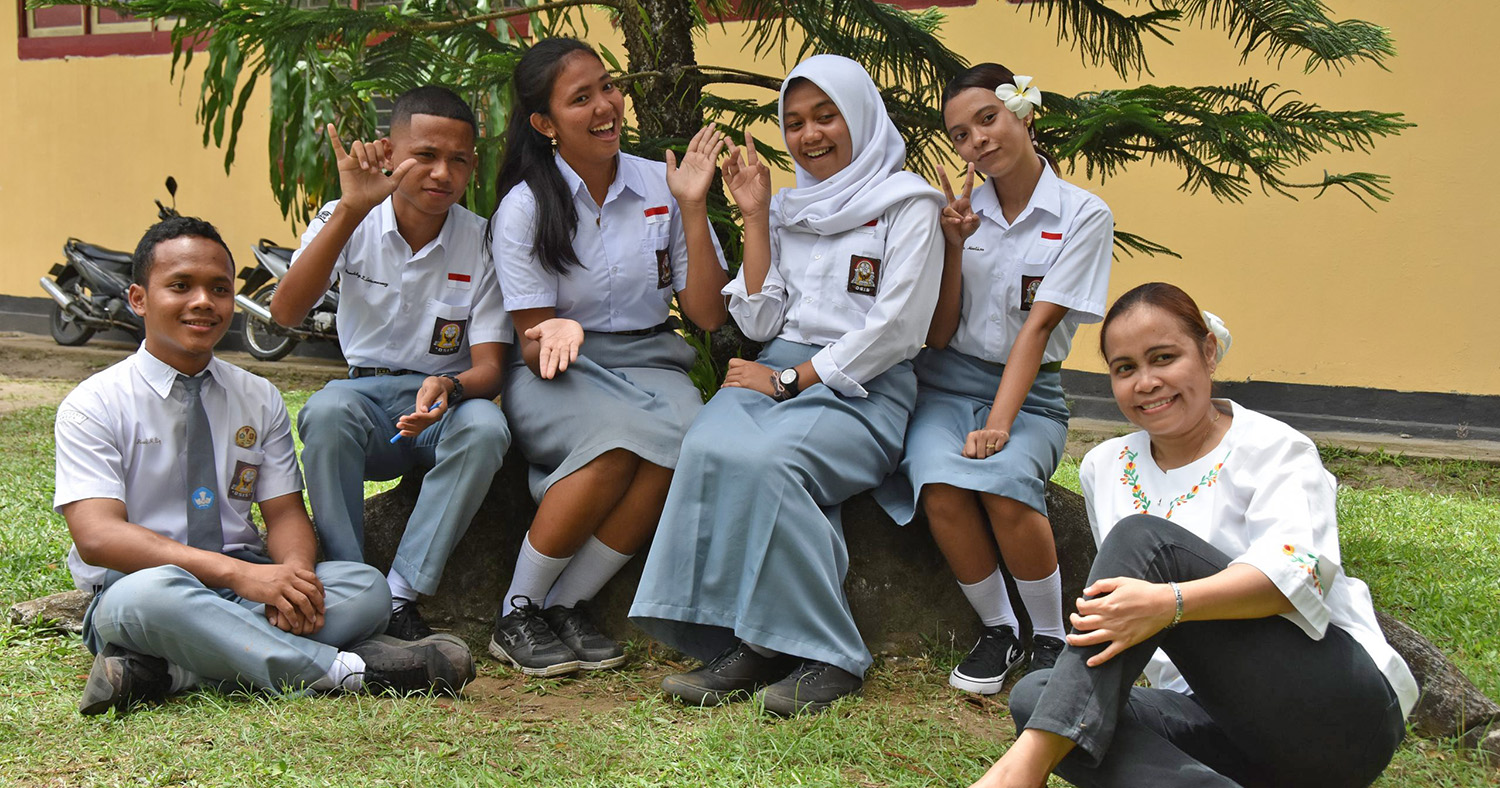
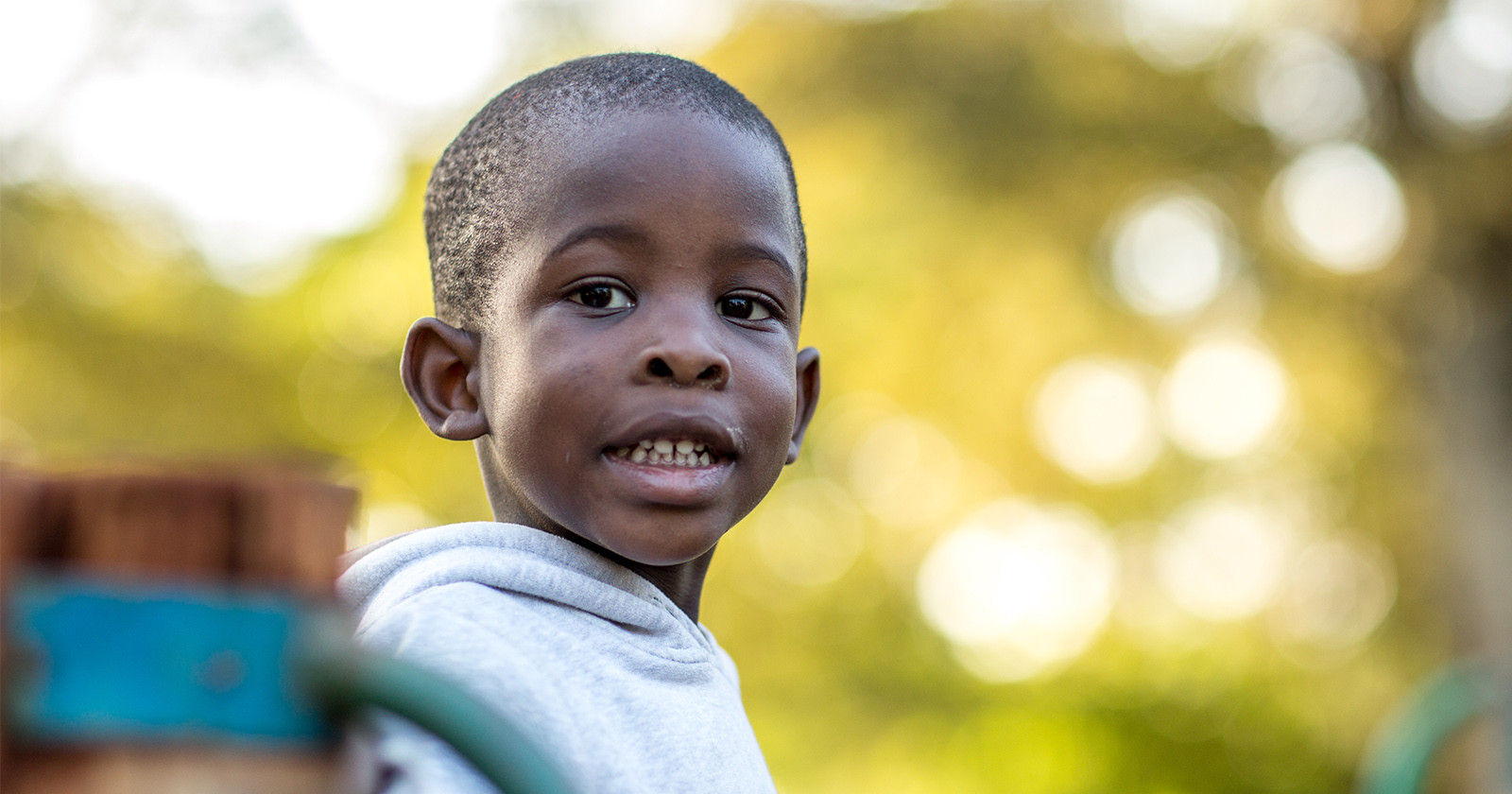


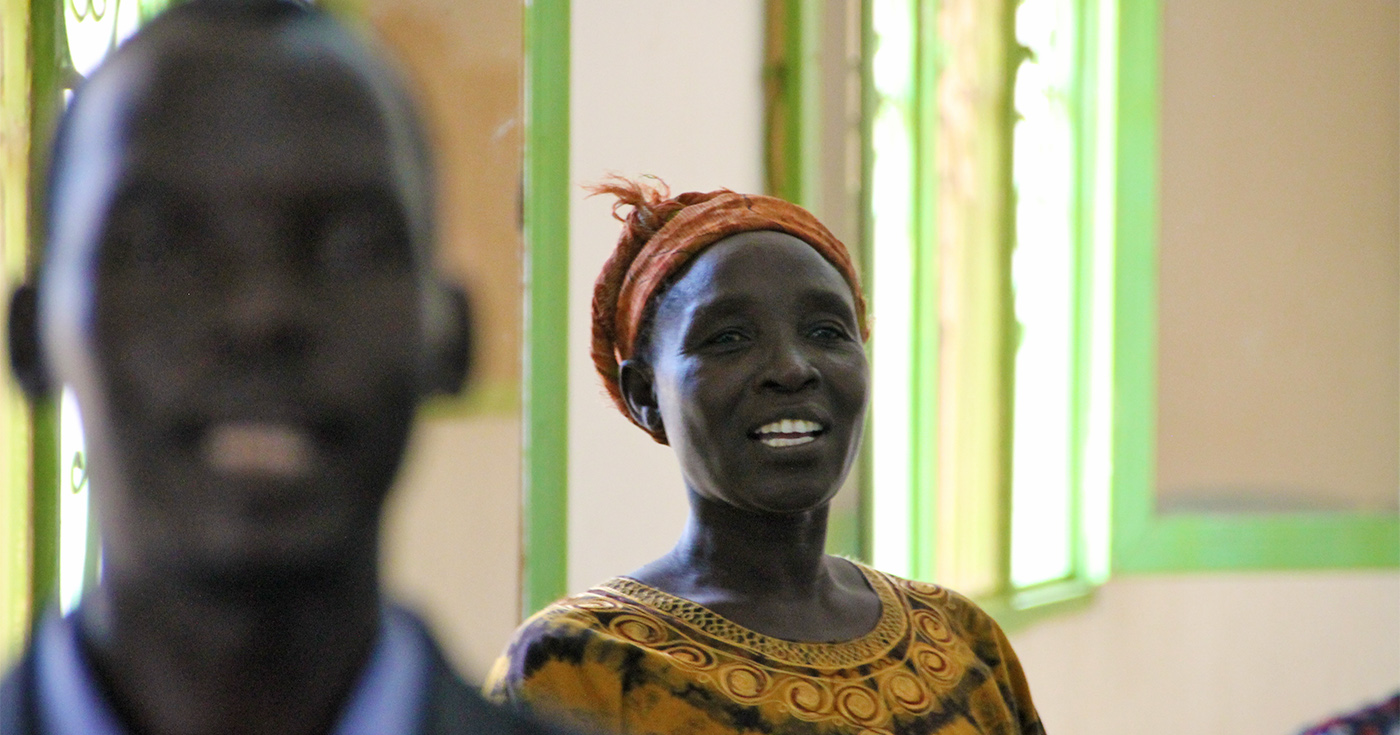
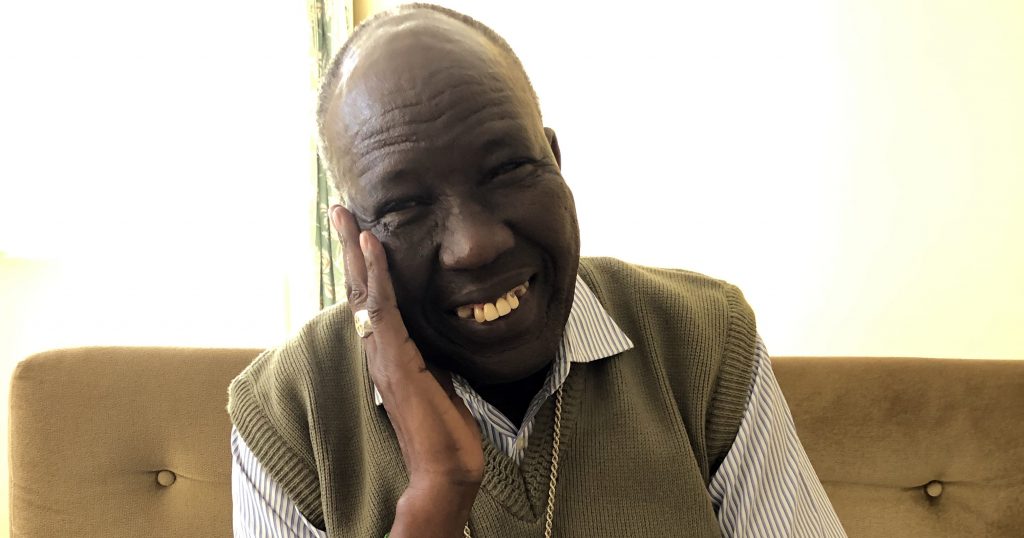
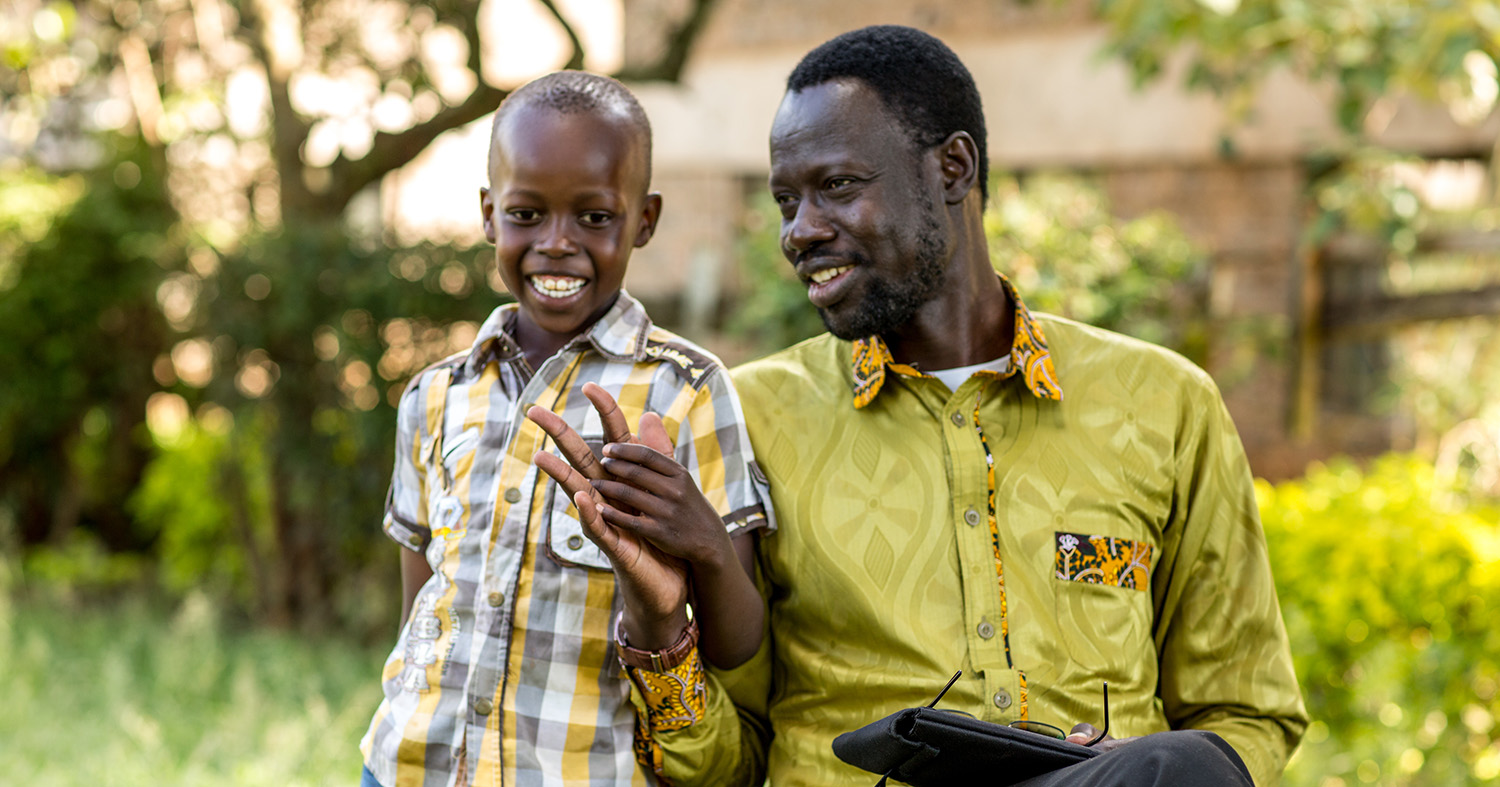
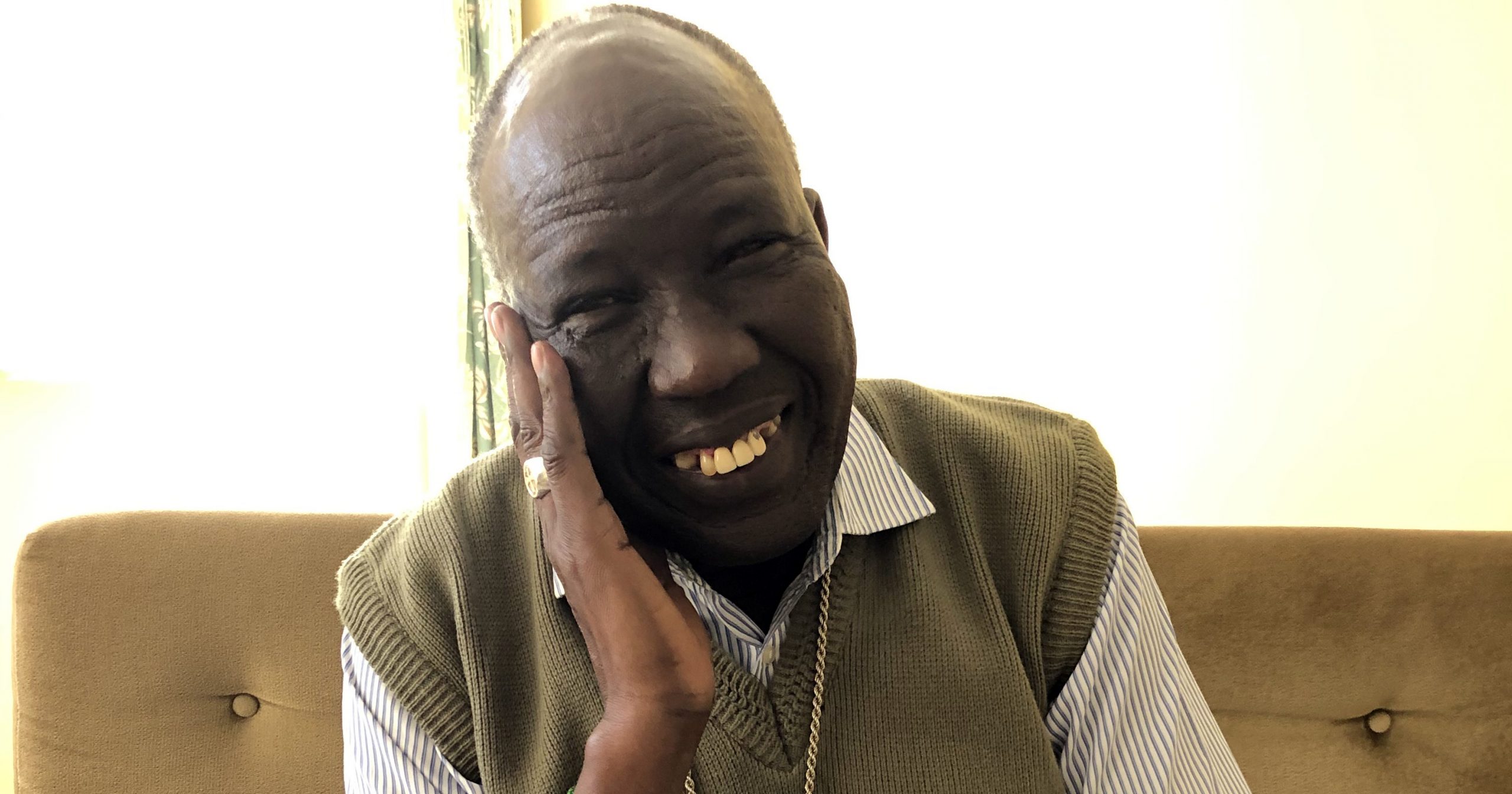
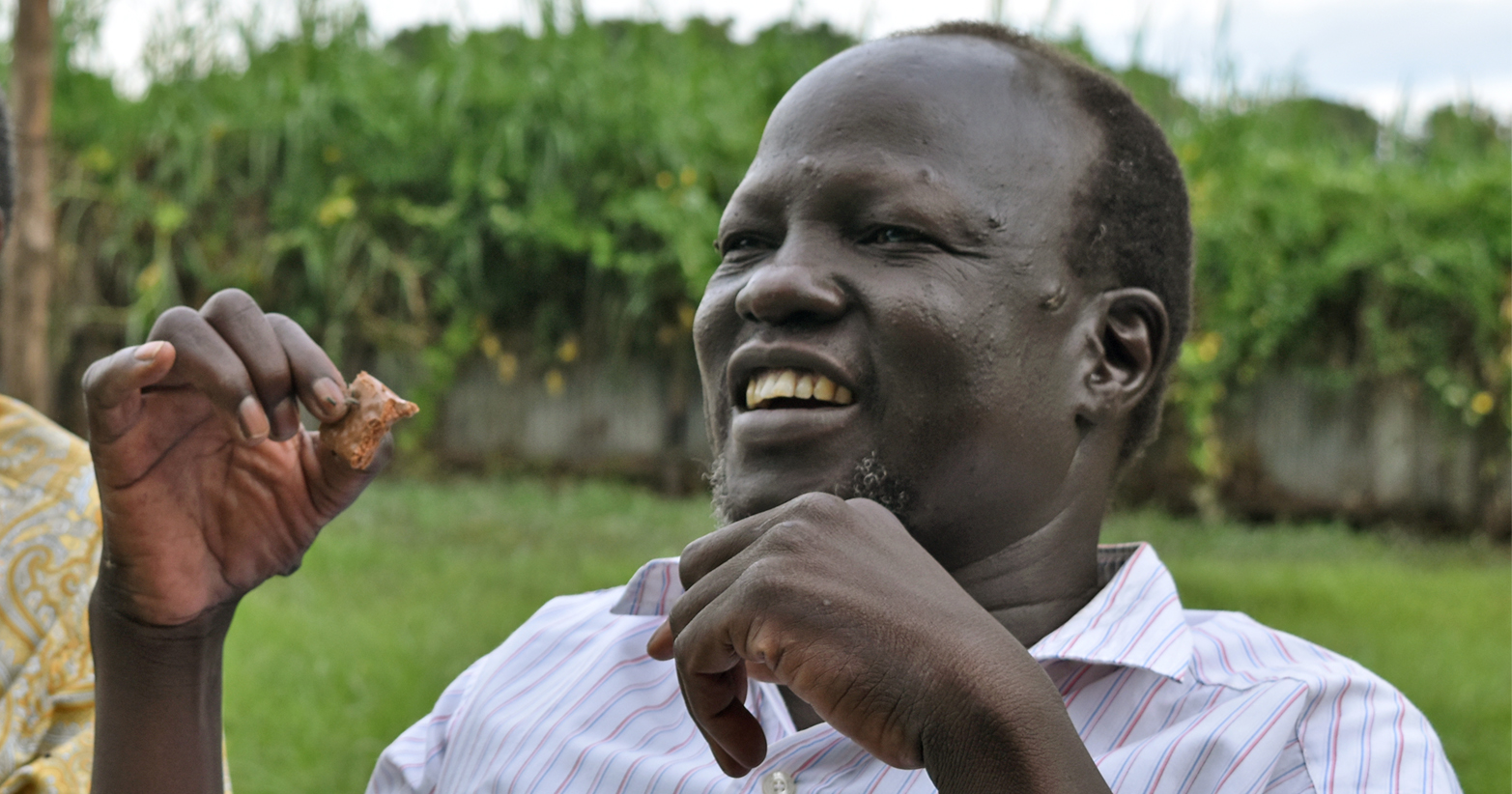
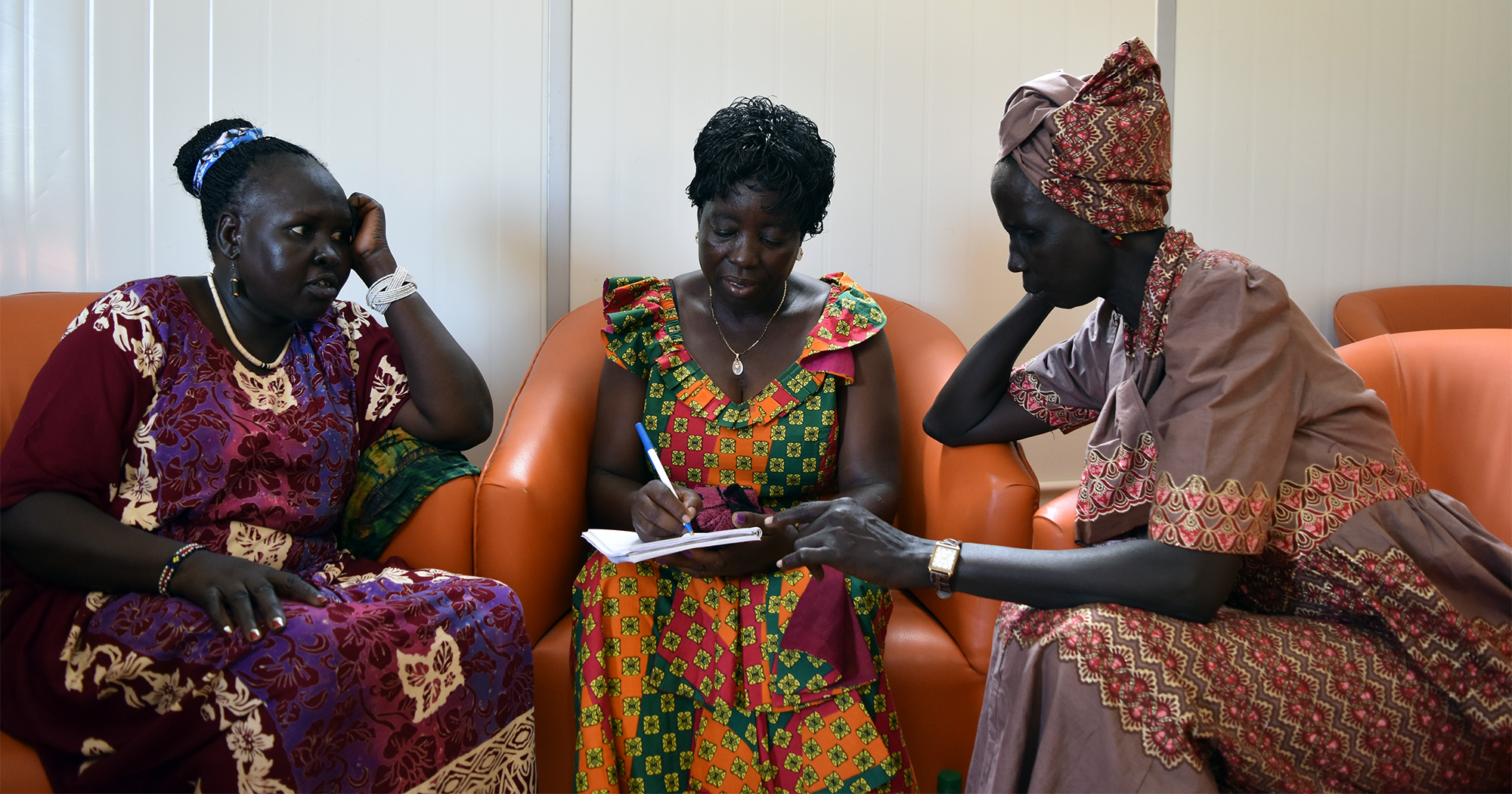
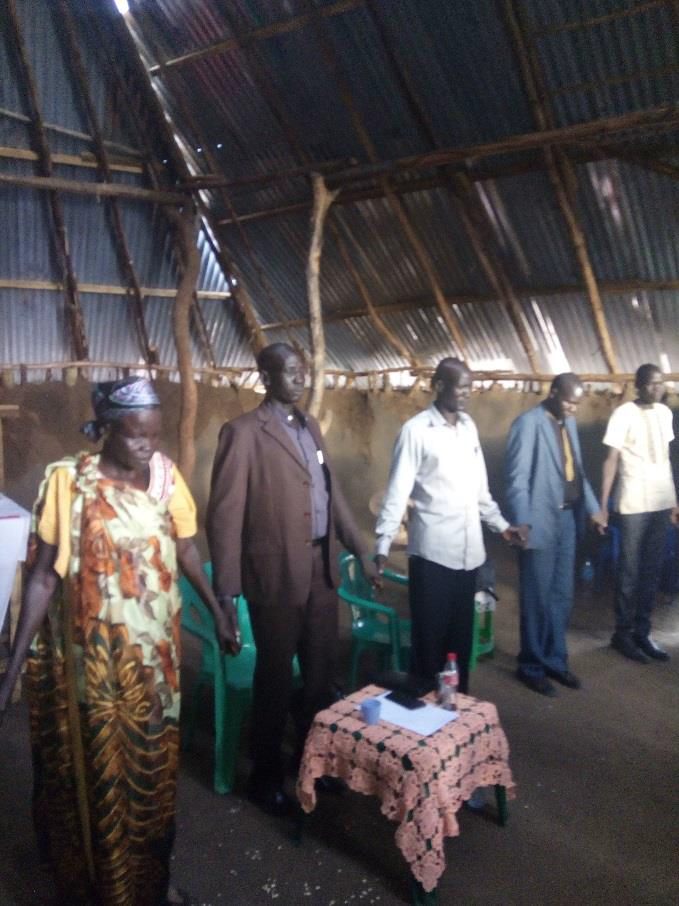 The workshop focused on reconciliation and finding the root causes of conflict. The facilitators spoke about mercy, forgiveness and turning away from tribalism towards repentance. Following the close of the workshop, participants expressed their deep appreciation for the materials and asked for additional and more in-depth workshops to be held.
The workshop focused on reconciliation and finding the root causes of conflict. The facilitators spoke about mercy, forgiveness and turning away from tribalism towards repentance. Following the close of the workshop, participants expressed their deep appreciation for the materials and asked for additional and more in-depth workshops to be held.